What is Logistics?
Logistics is an effective tool that helps in navigating through diverse business operations. What is logistics? It is the process of moving goods, services, and information-relevant aspects from the start of production to final consumers. Logistically speaking, it just makes sure that products are transported, stored, and delivered on time. It covers a list of functions that provide support for businesses across various industries.
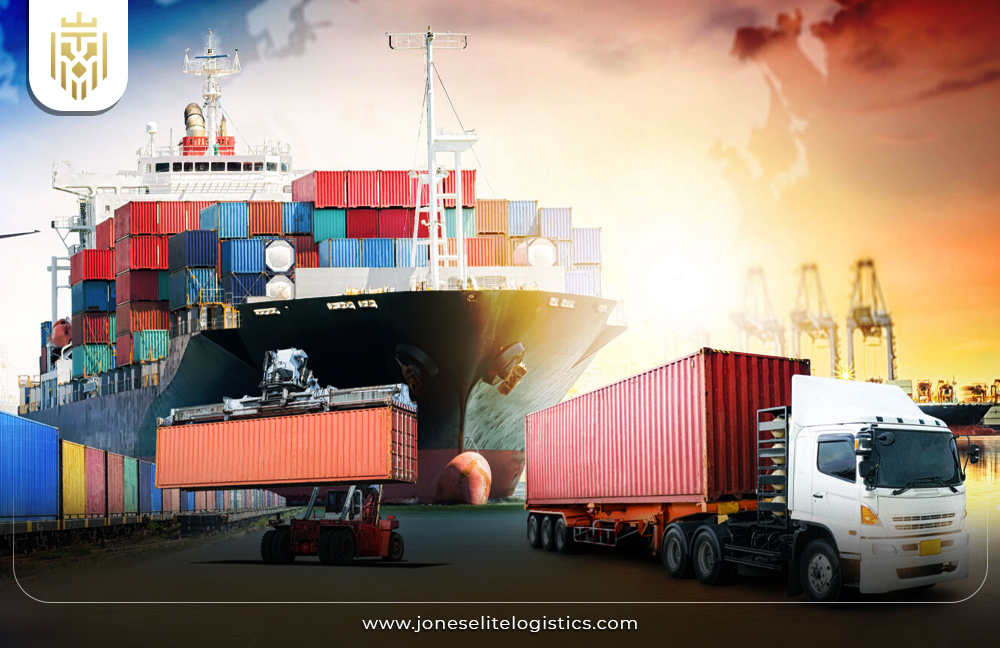
Why is Logistics Important?
Logistics is crucial for businesses as it optimizes supply chain management, ensuring efficient transportation and distribution of goods. Effective logistics management enhances customer satisfaction, reduces operational costs, and fosters competitive advantage by streamlining processes and improving overall efficiency across the entire supply chain.
Types of Logistics:
Logistics encompasses various types, each serving specific needs within supply chain management. Key types include freight logistics, third-party logistics, e-commerce logistics, and carrier logistics, all of which play vital roles in ensuring timely delivery and optimal resource utilization, contributing to logistics operations.
Freight Logistics:
Freight logistics focuses on the transportation and management of goods across various modes, including road, rail, air, and sea. This type of logistics ensures timely delivery, reduce shipping costs, and the safe handling of goods, facilitating seamless supply chain management operations.
Third Party Logistics:
Third-party logistics (3PL) providers manage outsourced logistics services, including warehousing, transportation, and order fulfilment. By partnering with 3PLs, businesses can enhance operational efficiency, reduce costs, and focus on core activities while leveraging the expertise of logistics specialists in supply chain management.
E-Commerce Logistics:
E-commerce logistics involves managing the flow of goods from suppliers to consumers in the online retail space. It encompasses inventory management, order processing, material handling, and shipping, ensuring timely deliveries and optimal customer experiences in a highly competitive market, a crucial aspect of logistics management.
Carrier Logistics:
Carrier logistics focuses on the management and coordination of transportation services through various carriers. This includes optimizing routes, managing logistics costs, and ensuring timely deliveries, enabling businesses to maintain effective supply chains and meet customer demands efficiently.
How does logistics help other industries?
The logistics industry functions as a backbone for industries like manufacturing, retail, and e-commerce. The supply chain and product distribution are completed through logistics for the manufacturing industry. Concerning the retail industry, the logistics industry ensures the products are delivered to consumers meeting their requirements. Supply chain management and logistics are what keep the e-commerce industry going, as this involves matching inventory with orders, processing them following business policies, and ensuring last-mile delivery.
What are the main functions of logistics?
Logistics can be summarized by a collection of different functions (often interrelated), each of which is essential in the general process of transportation control. Let’s delve into the main functions of logistics:
Transportation
Transportation stands as a key function of logistics as it moves goods from one location to another via trucks, trains, ships, or airplanes. It involves routing, carrier selection, and cost management. Efficient transportation reduces logistics costs and ensures timely delivery, contributing positively to the entire supply chain.

What it does
The transport of products includes the physical movement of the shipments while also ensuring they are delivered in good condition. These activities include routing, selection of a carrier, and cargo tracking. It also involves complex documentation processes and costs like road toll.
Different Ways of Moving Goods
Logistics professionals select from the alternative methods of transport concentrating on endurance, volume, emergency, and cost issues. This could be arranging trucks for door-to-door delivery while using rail and ships for long-range transportation and air shipments for speedier deliveries. Deciding properly what transportation mode to be used is critical to developing a good logistics strategy.
Why Efficient Transportation Matters
Efficient transportation has the effect of cutting expenses, reducing delivery delays, and optimizing routes. On-time and predictable transportation contributes to building a reputation of the company among its customers and if relationships with its suppliers are good ones, this may have a positive effect on the whole supply chain.
Warehousing
Warehousing is crucial in distribution logistics, providing storage for products and facilitating quick turnaround times. Proper warehousing strategies ensure effective inventory management and smooth logistics activity, like picking, packing, and shipping orders.
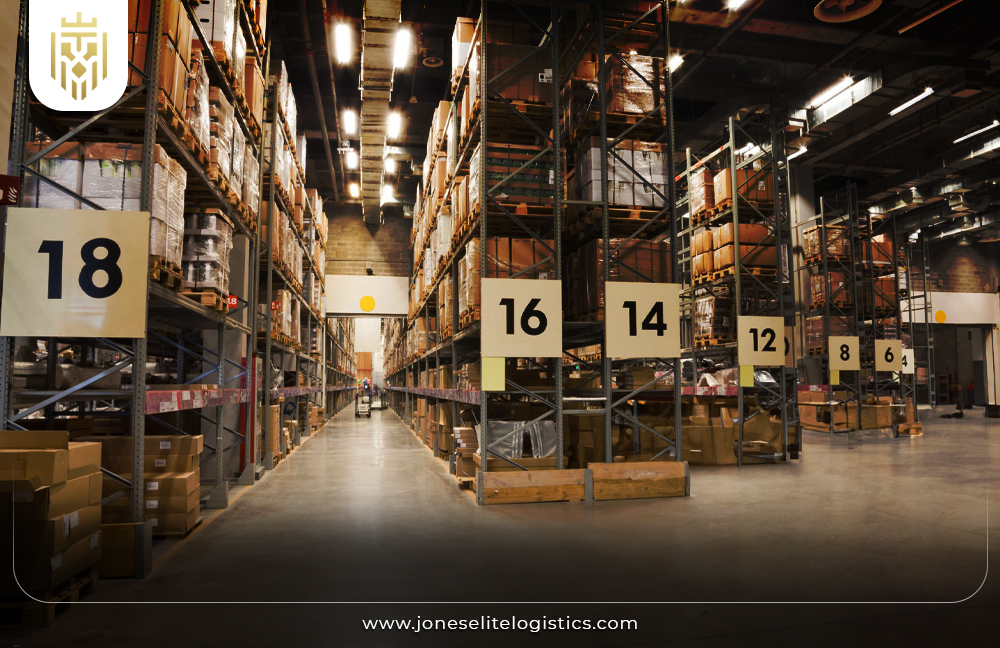
Types of Warehouses
Warehousing implementation can be produced to fulfill specific industries’ diversified needs. Distribution centers serve as a central hub for product consumption to fulfill customers’ orders. Cold storage is used for maintaining products’ freshness, meanwhile, bonded storage stores imported goods under customs supervision.
Inventory Management
Inventory management ensures that products are available at the right place and time. It plays a key role in reducing logistics costs by avoiding stock-outs and overstocking, which results in cost savings and operational efficiency.
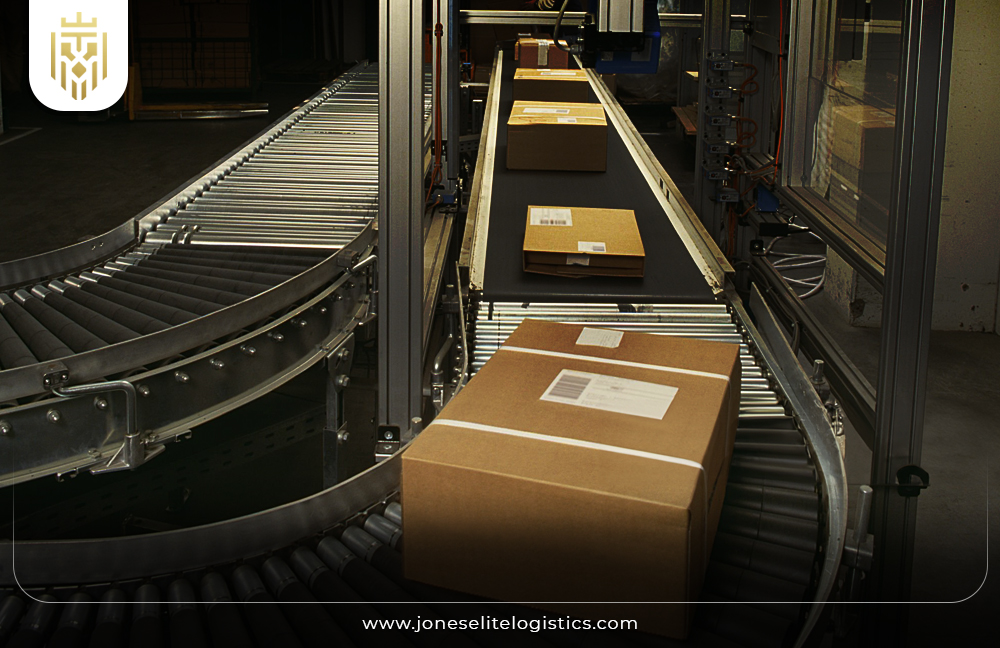
Why Inventory Management is Key
What will be the use of warehouses without inventory management? It covers the proper movement of products in and out in sync with demand, perfect stock rotation, and space-efficient use of warehouses. Through proper inventory management, businesses ensure that they are responding to customers’ needs within time, without having to carry excessive stocks or having products go bad.
What it Involves
Inventory management includes activities like demand forecasting, inventory procurement, optimized inventory storage, order filling, and stock level monitoring.
How to Control Inventory Effectively
Companies have to utilize tools like real-time tracking systems, Just-In-Time[JIT] inventory procedures, and analytics to get information about demand trends and keep the right inventory.
Why it’s Important for Saving Money
Good inventory management builds up money through the reduction of holding costs, stock-outs, and overstocking. Similarly, it makes it possible for companies to make purchases in large volumes, enjoy discounted volume pricing, and have a chance in vendor negotiations.
Order Processing
Order processing is essential in inbound logistics and outbound logistics. This involves receiving and processing orders efficiently, ensuring prompt delivery and customer satisfaction. Technologies like order management systems (OMS) streamline this function.
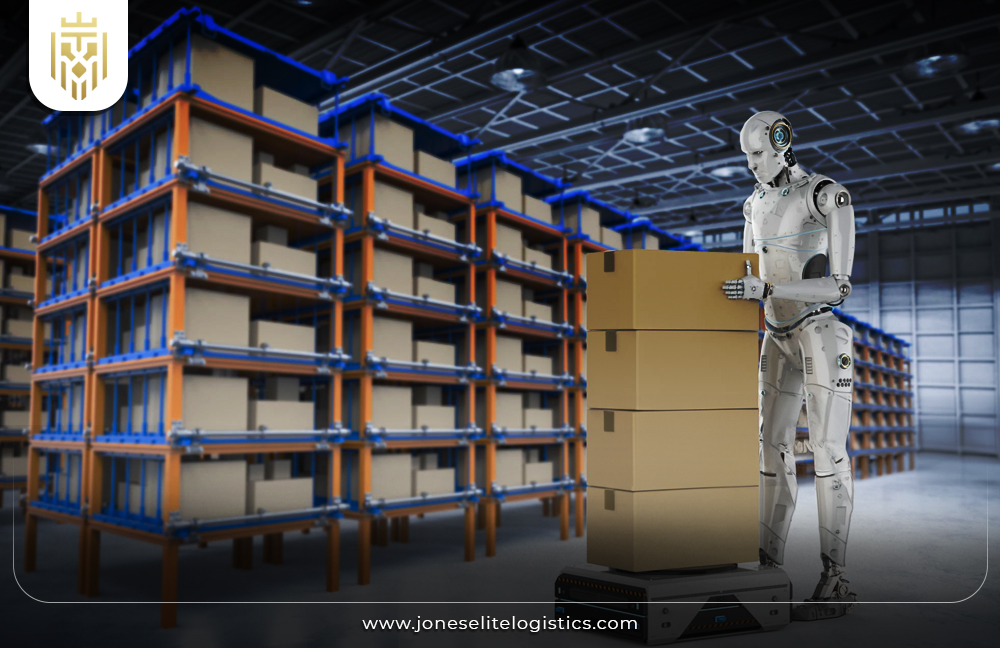
Overview of the Process
Order processing refers to the activities of inputting order data, checking order data, picking the products, packing the goods, and delivering the ordered items. It implies that cooperation among different departments such as sales, stock management, and logistics is critical to guarantee not only a smooth but also an error-free order fulfilment process.
Why Smooth Order Fulfillment is Crucial
The smooth processing of orders is of prime importance because it is significant to enhance customer satisfaction and retention. Efficient order processing is critical to avoid delays in the order fulfillment process.
Technologies for Better Order Processing
Technology not only introduces transparency but also fosters time efficiency and accuracy in order processing, encouraging consumers to shop for automotive products. One of the customary technologies applied to order processing is systems such as order management systems (OMS) and warehouse management systems (WMS) that simplify workflow. These systems reduce the popular time-consuming tasks, enhance order precision, and give retailers (like the best shop online -) current information about shipment status, inventory quantities and order status.
Packaging and Material Handling
Packaging protects goods during transport and enhances branding. Efficient material handling within the warehouse minimizes product damage and supports smooth operations. This function contributes to cost savings in production logistics and enhances overall logistics management.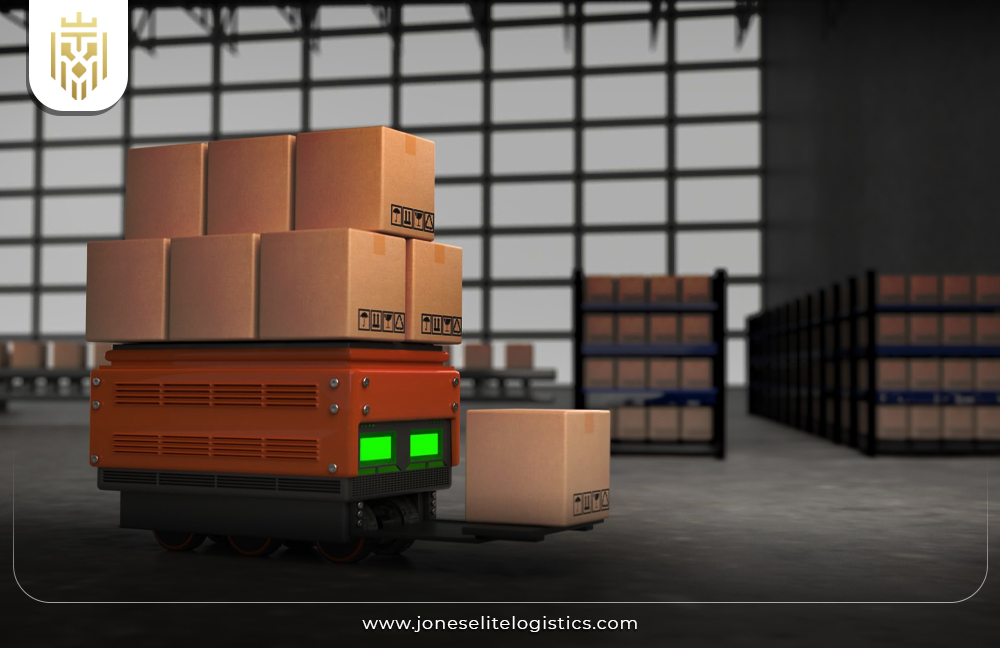
Importance of Packaging
Packing is a major part of the logistics process because of the transport safety of the product. If there is no proper packaging, the shipment may encounter trouble during transportation. Also, the package is another major element that exists to identify a brand and to promote a product.
Protecting Products and Enhancing Branding
The packaging materials, layout, and labels are specially selected to ensure the safety of the product and secure the quality. The use of smart packaging might help your product to stand out from the competition, and this may even increase the recognition and loyalty of your brand.
Smart Strategies for Material Handling
Efficient material handling is just as important for maintaining smooth operations and mitigating the possibility of damages. Providing the required equipment, training the staff on good handling practices, and formulation of and efficient layout designs within the warehouse can help in handling the materials efficiently.
Information Management
In logistics management, information is key. Real-time data sharing ensures seamless coordination across the entire supply chain. Technologies like IoT and data analytics enable accurate tracking, decision-making, and operations management.
Its Role in Logistics
This ensures that there is a simultaneous association among the processes of procurement, delivery, inventory management as well as order processing.
Tools and Technologies for Data Analysis
The latest technologies, which include cloud computing systems, IoT devices, and data analytics software, provide great potential for the smooth functioning of operations. These tools grant highly informed knowledge about the notable KPIs, demand dynamics, and supply chain risk.
Importance of Sharing Real-Time Information
Sharing of real-time information enables meaningful communication among supply chain partners which helps in improved coordination, leading to faster response to cater to the ever-changing markets. This enables avoiding frequent disruptions, adjusting inventory levels to fulfill the requirements, and attaining performance objectives.
Conclusion
In conclusion, logistics encompasses transportation, warehousing, inventory management, order processing, material handling, and information management. Each function contributes to a seamless flow of goods and services, reinforcing why logistics management is critical. To improve your logistics operations, Jones Elite Logistics can be your trusted logistics provider.
FAQs
-
What is the simple definition of logistics?
It is a process that involves moving goods, services, and information-relevant aspects from the start of production to final consumers. Technically speaking, it just makes sure that products are transported, stored, and delivered on time.
-
What is the role of logistics in the economy?
Logistics ensures the smooth flow of goods, services, and information from suppliers to end consumers. It supports industries by co-ordinating transportation, procurement logistics, freight forwarding, and warehousing, driving economic growth.
-
What is logistics management?
Types of logistics include freight logistics for transportation, third-party logistics (3PL) for outsourced services, e-commerce logistics for online retail, carrier logistics for transportation management, reverse logistics for returns and recycling processes, emergency logistics, green logistics, and military logistics.
-
What is the difference between logistics and supply chain?
Logistics is a part of a supply chain and is usually the core element binding it. Logistics deals with transportation, warehousing and order processing while the supply chain involves other broader aspects like procurement, manufacturing and customer relationship management.







